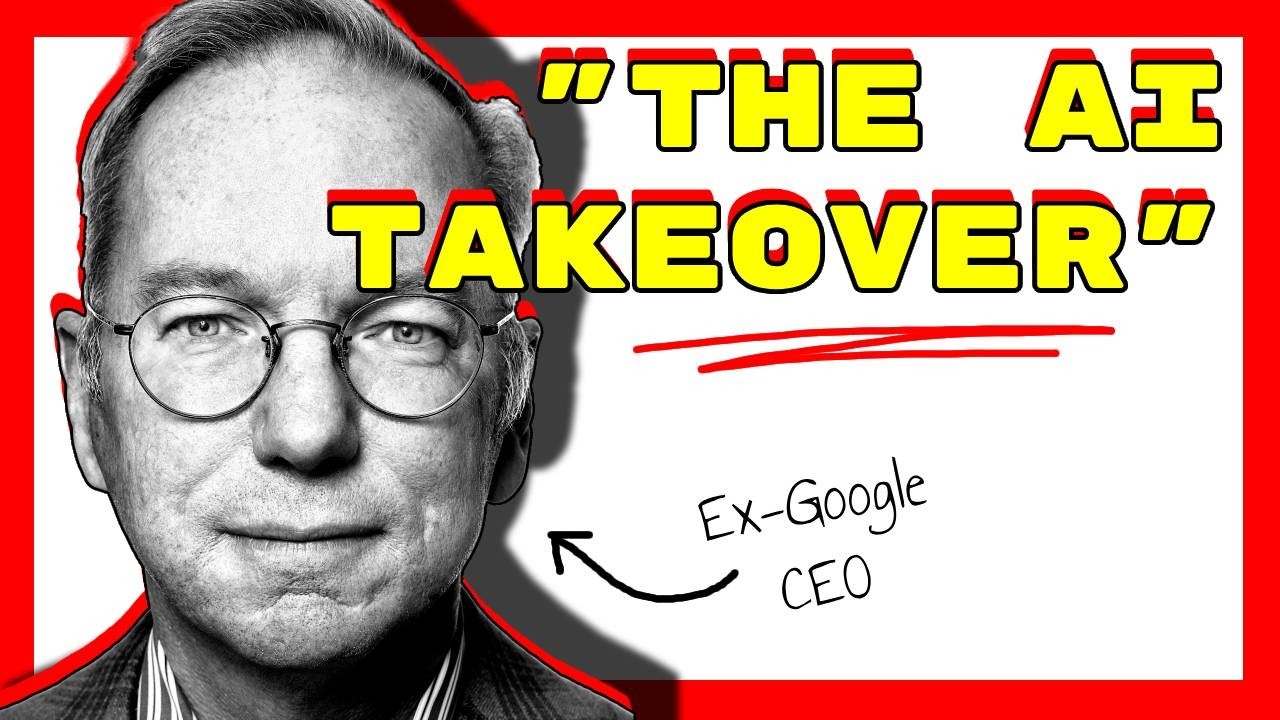In a recent interview, former Google CEO Eric Schmidt discussed the transformative potential of AI combined with robotic wet labs, predicting the emergence of new multi-trillion dollar industries and emphasizing that this technological advancement is already underway. He also highlighted the rapid adoption of AI in scientific research, the implications of recursive self-improvement in AI, and the geopolitical risks associated with its development, particularly in the context of U.S.-China relations.
In a recent interview, former Google CEO Eric Schmidt discussed the transformative potential of powerful AI combined with robotic wet labs, predicting the emergence of new multi-trillion dollar industries. He emphasized that this technological advancement is not a distant future prospect but is already unfolding. Schmidt referenced a DeepMind paper on their AI system, Gnome, which significantly outperforms human experimentation in discovering new materials. This system generates potential material candidates, akin to recipes, which are then tested by robotic labs that operate continuously to validate these hypotheses.
Schmidt elaborated on the dual components of this innovation: AI models that propose new material structures and robotic labs that conduct experiments around the clock. He drew parallels between this process and the biosciences, suggesting that similar AI-driven methodologies could lead to groundbreaking discoveries in drug development and other biological applications. The integration of AI with robotic labs is poised to revolutionize the biotech industry by accelerating the discovery of new materials and biological entities.
During the interview, Schmidt highlighted the rapid adoption of AI across various scientific fields, noting that graduate students and researchers are increasingly incorporating AI into their work. He argued that AI is underhyped, contrary to popular belief, and that its integration into research is reshaping how scientific inquiries are conducted. He also pointed out that the proliferation of AI tools is evident in programming, mathematics, and other disciplines, suggesting that AI’s capabilities will soon surpass those of human experts in these areas.
Schmidt discussed the implications of recursive self-improvement in AI, where systems can enhance their own capabilities over time. He predicted that within a few years, AI could achieve general intelligence, equipping individuals with the equivalent of the smartest human minds for various tasks. This advancement raises questions about the future of work and the potential for AI to take over roles traditionally held by humans, particularly in programming and complex problem-solving.
Finally, Schmidt addressed the geopolitical implications of AI development, particularly in the context of U.S.-China relations. He warned of the risks associated with AI proliferation, including potential adversarial attacks and the ethical dilemmas surrounding the use of AI in warfare. The conversation highlighted the need for careful consideration of how nations navigate the competitive landscape of AI technology, as well as the importance of establishing frameworks to manage the risks associated with rapid advancements in artificial intelligence.
